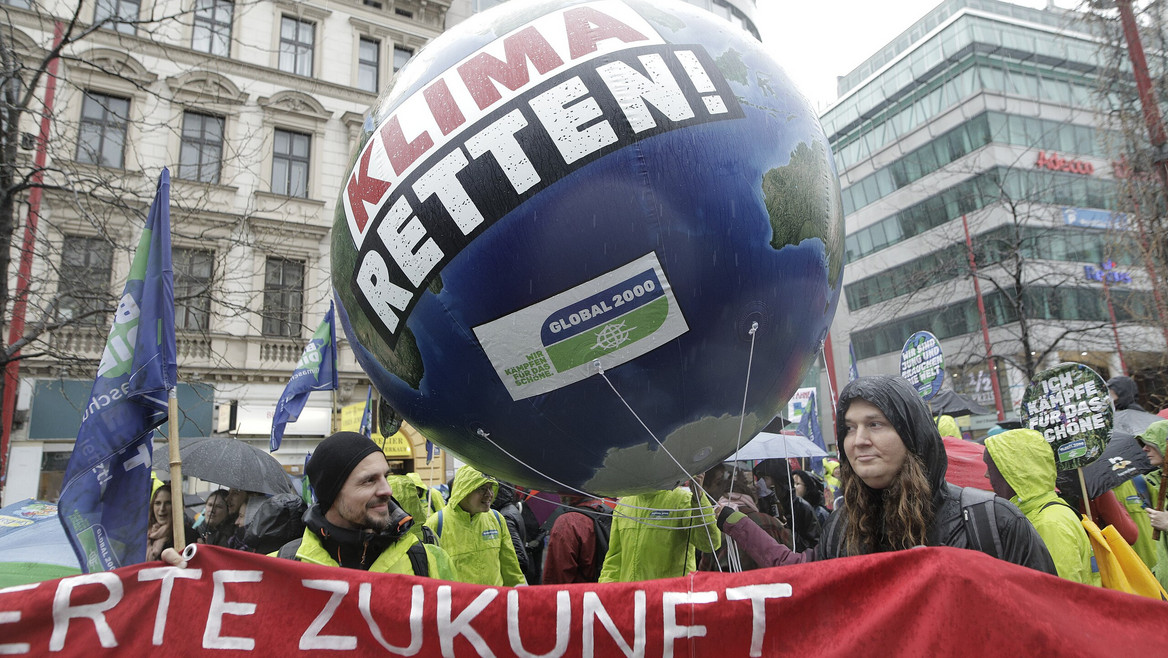Main Content
How Climate Managers Adapt to Local Conditions

Municipalities are increasingly employing climate managers to drive forward the implementation of climate policy goals. But how do these individuals act, and how do specific local conditions influence their actions? In a new paper in the journal "Regional Studies", researchers from the IRS show that different strategies are pursued depending on whether a municipality is already active in climate policy or not.
In their paper "Structure, Agency and Local Climate Governance: How do Individual Actors Exploit Local Contexts to Shape Policymaking in Smaller Cities and Towns?", Wolfgang Haupt from the "Urban Sustainability Transformations" Research Group and former group members Leonie Laug and Peter Eckersley present new research findings on climate governance in cities under different structural conditions. Specifically, they analysed the influence of agency, i.e. the activities of individuals, on urban climate governance. Based on case studies from eleven medium-sized German cities, they compared the behaviour and strategies of climate managers from cities with very different structures. The key findings were that, depending on the local context, climate managers use very different approaches to anchor the field of climate change in politics, administration and urban society. Climate managers from cities in which there is already a broad political consensus in favour of climate protection (e.g. climate neutrality resolutions, declaration of a climate emergency) tend to work towards reminding politicians of their resolutions and critically examine whether measures are really effective or are only intended to create an image of climate friendliness (climate-washing).
In cities where this political consensus is lacking and where politicians, administrators and the urban population tend to react cautiously to climate projects, the picture is quite the opposite: Here, climate managers usually avoid direct references to the dramatic nature of the climate crisis when communicating with politicians, administrators and the urban population. Instead, topics that are considered more communicable are prioritised in order to justify climate protection and adaptation measures. For example, with regard to climate protection measures, their economic value or the value of energy independence tend to be emphasised. Instead of "climate adaptation", the term "greening" is used.

